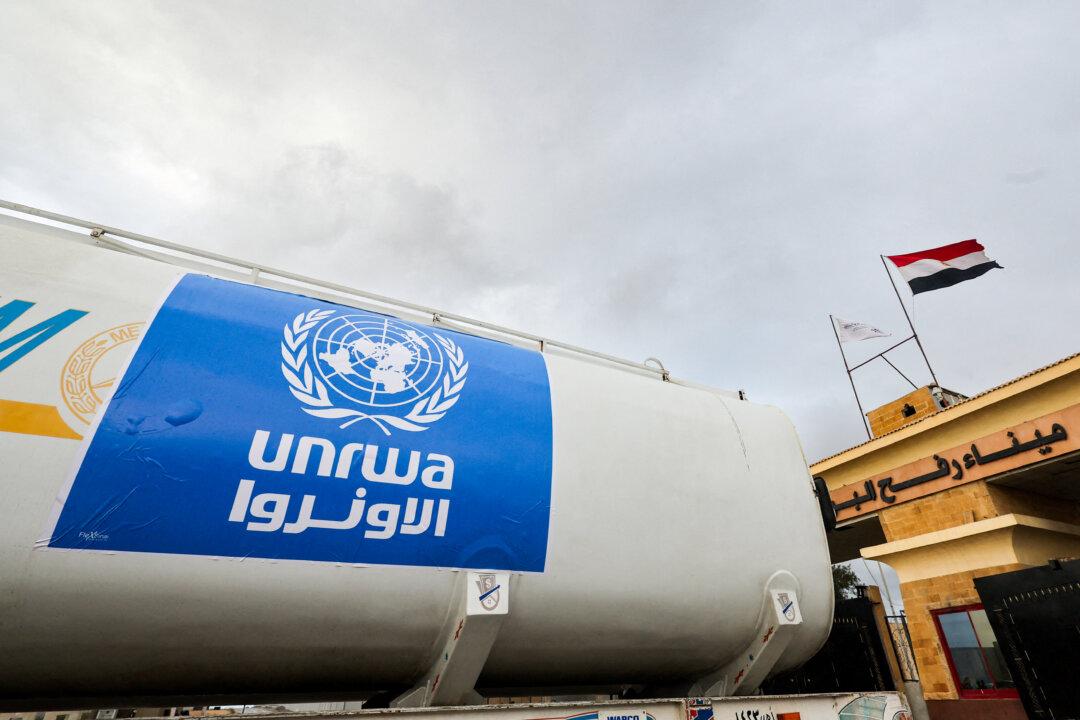Various key figures in the New Zealand government—and the foreign affairs ministry—seem unclear on whether or not the country has suspended funding for the United Nations Relief and Works Agency for Palestine Refugees (UNRWA).
Israel has previously alleged that some of the agency’s staff were involved in the Oct. 7 attack by Hamas fighters in southern Israel. The incident left around 1,300 people dead and another 250 taken as hostages, many of whom are still missing.





